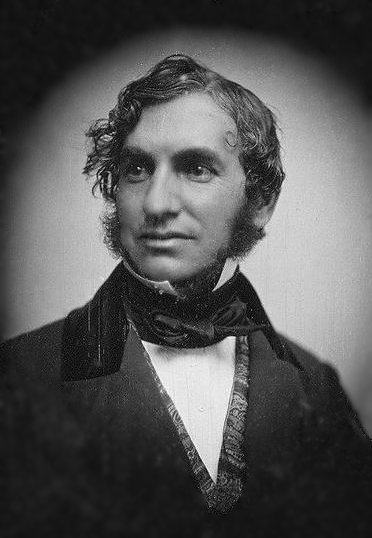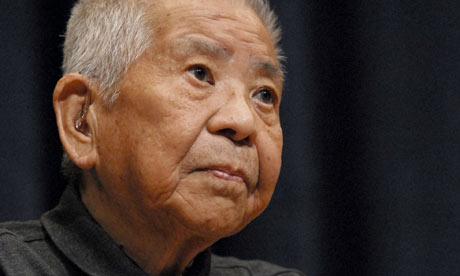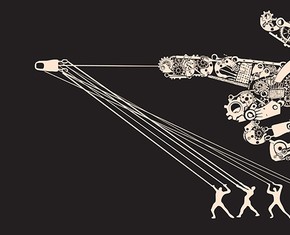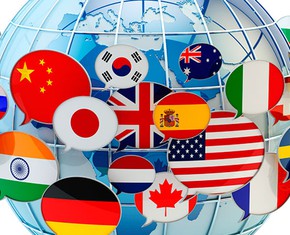The views expressed in our content reflect individual perspectives and do not represent the authoritative views of the Baha'i Faith.
During the solstice season, the wish for peace on earth fills our hearts and drops easily from many lips. However, peace eluded the United States on the day in 1864 when the poet Longfellow penned the lyrics to the song I Heard the Bells on Christmas Day. Fearing his son would perish from his Civil War battle wounds, Longfellow invoked his aching appeal for St. Luke’s promise of “Peace on earth, good will toward men”. A composer later dropped two of Longfellow’s verses about the Civil War before setting the poem to music to create the beloved Christmas carol.
[soundcloud url=”https://api.soundcloud.com/tracks/125629488″ params=”color=ff6600&show_artwork=false” width=”100%” height=”80″ iframe=”true” /]
I Hear the Bells – Michael Goodwin
While Longfellow heard the bells on Christmas Day, far away in the Middle East, Baha’u’llah and his family suffered in exile for their own beliefs about peace and equality among all. He had just come to understand the role he would play in prescribing an age of peace. The Baha’i Faith emerged from their lives of sacrifice. One of the principles the Faith advocated, so at odds with the customs of that time — the equality of women and men — slowly created the shift in consciousness that began in the 1860s.
For example, Japanese activist Tsutomu Yamaguchi survived not one but two atomic bomb blasts, at both Hiroshima and Nagasaki, to utter a poignant prescription for peace: “The only people who should be allowed to govern countries with nuclear weapons are mothers, those who are still breast-feeding their babies.”
Yamaguchi stated the extreme, perhaps, to help us imagine a more balanced world, in which girls everywhere receive equal education and validation, for not only rocking the cradle but for voicing the values that will keep its bough from breaking.
I understood his angst and Longfellow’s wish on the day when we recorded the song Consider This – click here to play, which emphasizes the role of the mother in bringing about peace. I had written it to encourage youth to feel the empathy that leads to peace, after visiting Afghanistan, where I heard firsthand stories about generations of voiceless victims, especially about mothers who had to silence their babies to protect them from soldiers and who had sacrificed so many children to war. The Iraq war broke out long after I wrote the song, but shortly before our recording session, and I wondered if this would seem like a protest song, though it was not intended to be one.
As we began to record, the vocalist, Kristin Barnes, and I both became equally teary-eyed. She had just visited a friend whose child had died in a war in Africa. There we sat, two mothers, sniffling and singing about the muffled voices of women who cannot stay the hand of world conflict.
The Baha’i Faith refers to women and men as two wings of a bird, each unique but equally important. The Faith recommends that if a family lives in a country without free, compulsory education, and a family can only afford to educate one child, the girl child should receive preference. Why? She will not only serve as mother to the next generation but should equally influence the wellbeing, security peace and unity of society.
The impetus for educating girls has been continually echoed by the architects of peace. In 2007, UN Secretary-General Ban Ki-Moon wrote, “investing in girls is a moral imperative — a matter of basic justice and equality…It is also critical for…advancing economic growth and building peaceful, cohesive societies.”
Increasing entrepreneurialism among women has also allowed women to better educate their children in the new millennium, although their earnings in most countries still lag far behind their male counterparts. In the 1990s, at the Beijing Conference on Women, Hilary Clinton stated, “If women have a chance to work and earn as full and equal partners in society, their families will flourish. And when families flourish, communities and nations will flourish.” The chances for “peace on earth and good will toward men” increase when we nurture the natural traits and potentialities of women and incorporate their own version of ‘good will’ into the equation for peace.


















Comments
Sign in or create an account
Continue with Googleor